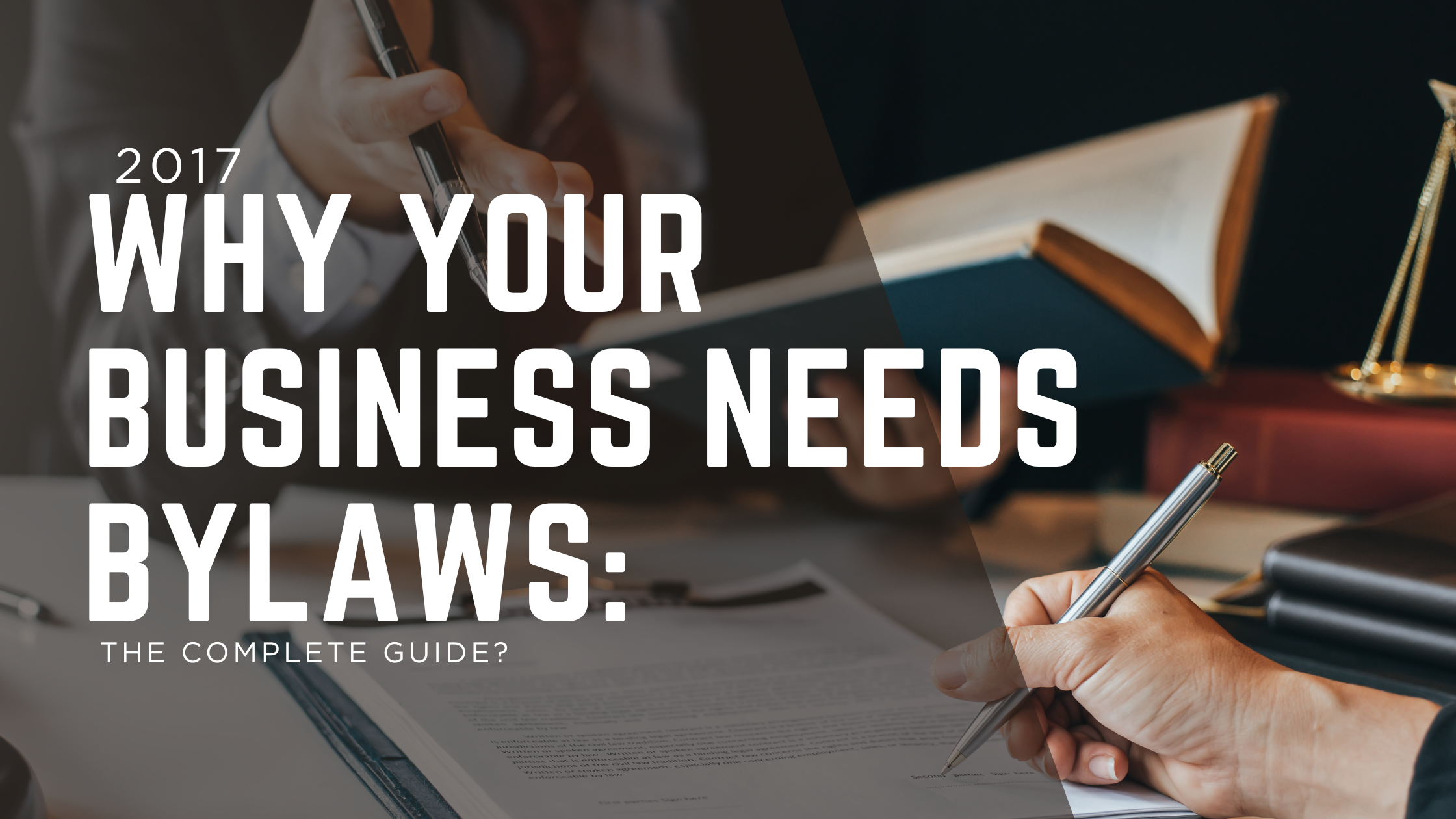
Bylaws serve as your company’s official “game plan”—they’re not just legal formalities but essential operational documents that protect your business and provide clear guidelines for handling various situations.
🎯 What Are Bylaws?
Bylaws are written rules that designate in advance how you’ll handle operational situations. They provide benchmarks to refer to and protocols to follow, outlining the rights, responsibilities, and powers of shareholders, directors, and officers.
Essential Components Every Business Bylaws Should Include
1. Basic Company Information
- Company name and organization type (LLC, corporation, etc.)
- Core products or business model
- Fiscal year designation
2. Meeting Protocols
- Time and place for meetings of officers, directors, and shareholders
- Notification requirements for meetings
- Attendance requirements and quorum rules
3. Ownership Structure
- Legal structure (partnership, LLC, etc.)
- Process for admitting new owners
- Financial contributions required from prospective owners
- Decision-making process for ownership changes
4. Governance & Leadership
Board of Directors
- Number of directors, their tenure, and qualifications
- How vacancies are filled
- Director duties and term lengths
- Composition (typically senior executives, shareholders, industry leaders)
Executive Leadership
- Officer titles and responsibilities
- Terms of office
- Hierarchical relationships (who reports to whom)
- Procedures for officer replacement
5. Membership & Shareholder Details
- Types of members and selection process
- Voting rights and procedures
- Discipline and removal procedures
- Types of shares offered and limitations on capital stock
6. Critical Protection Clauses
🚨 Conflict of Interest Provision
Protects the company from unfair benefits to directors or members. Requires immediate disclosure of conflicts and recusal from voting on matters with direct financial interest.
🛡️ Liability & Indemnification
Clearly states limits of ownership responsibility in liability situations. Protects owners from personal financial responsibility for company debts (except in cases of willful misconduct or specific collateral agreements).
7. Operational Procedures
- Rules for contract, loan, and check approvals
- Inspection procedures for corporate records
- Standing committee details (names, purposes, composition, powers)
8. Amendment Process
- Procedure for recommending and voting on amendments
- Who can propose changes
- Voting requirements for approval
9. Exit Strategies
Even if you love your business, include provisions for:
- Buying out partners or shareholders who want to leave
- Terms for deciding whether to sell the business
- Approval requirements (e.g., 75% of voting shareholders)
- Liquidation procedures if needed
Why Comprehensive Bylaws Matter
Well-crafted bylaws prevent internal conflicts, protect against personal liability, ensure smooth operations during transitions, and provide clear guidance for decision-making at every level of your organization.
“A wealthy person is simply someone who has learned how to make money when they’re not working.” – Robert Kiyosaki
Need help creating comprehensive bylaws for your business? Contact us for corporate governance services to develop bylaws that protect your business and ensure smooth operations.
Missed our previous post? Learn the difference between Articles of Incorporation and Bylaws to understand both essential corporate documents.







